10 Reasons You May Have Mysterious COVID Fatigue
Research has begun to shed some light on the puzzling COVID side effect.

Whenever you’re sick, it’s normal to feel kind of wiped out until you recover. But in the case of COVID-19 infection, the fatigue some people feel can be debilitating and long-lasting. Fatigue has long been the top symptom of Long COVID, and it’s become a primary symptom of acute COVID infection as well. Researchers don’t entirely understand why, but recent research has begun to shed some light. These are key things we’re learning about puzzling and persistent COVID-related fatigue.
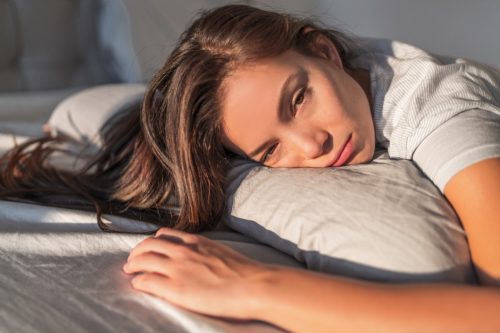
Dr. Marc Sala, co-director of the Northwestern Medicine Comprehensive COVID-19 Center, told the New York Times on Sept. 27 that fatigue has become “the dominant complaint from his patients.”

“That could be because COVID symptoms are becoming milder overall—he no longer regularly sees patients with severe respiratory damage, and so fatigue has come to the forefront,” Sala told the Times. “It’s also possible that fatigue could be a more common symptom with the newer variants.”
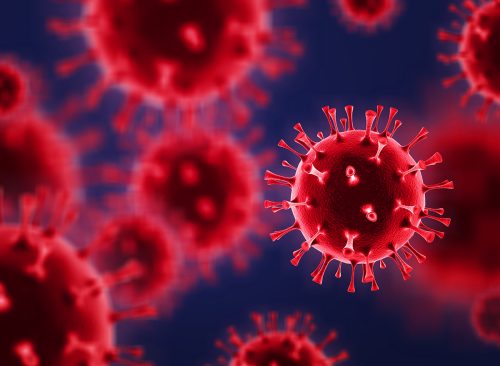
Whether it’s a cold, the flu, or COVID-19, a viral infection often causes fatigue as the immune system marshals resources to respond to the illness. This causes the body to attempt to conserve energy, which can manifest as fatigue, Dr. Ziyad Al-Aly, the chief of research and development at the V.A. St. Louis Healthcare System, told the news outlet.
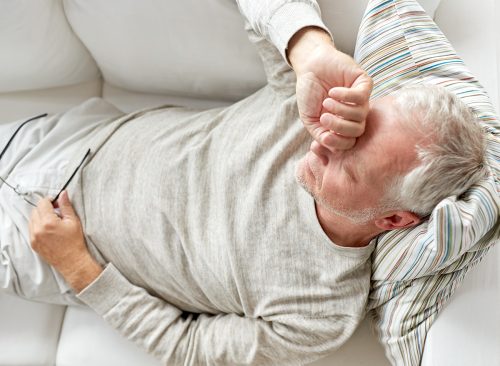
Researchers don’t really know why a new COVID infection causes intense fatigue in some people, while others just feel run-down like they might with a cold or flu. It’s also unclear why some people have extreme fatigue for months after they test negative, one of the top symptoms of Long COVID.

Doctors have seen a spectrum of fatigue associated with COVID: Some people might feel wiped out after they exercise, while others are too constantly exhausted to get off the couch.
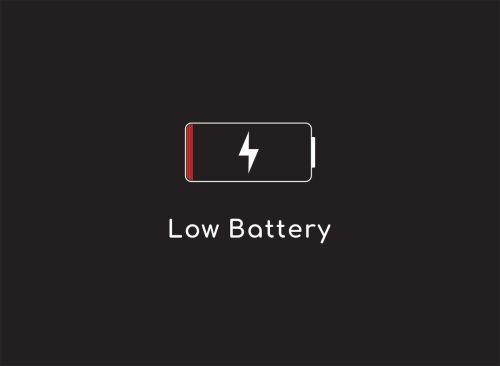
Some researchers think COVID may fatigue by disrupting the mitochondria—the energy reserves, or “batteries”—of our cells. This can slow down the body, well after an infection has passed.

COVID can also cause sleep disturbances, which might contribute to fatigue during and after an infection.
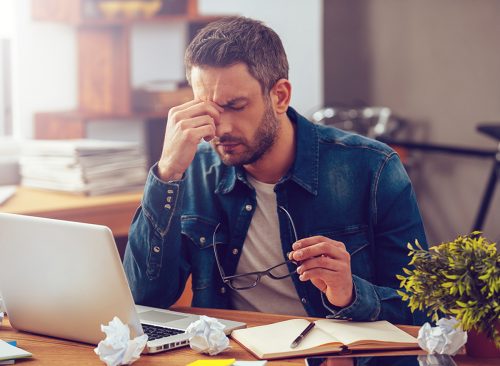
Another theory is that COVID may linger in the body even after someone tests negative. After an infection clears, the body should flip an “off switch,” signaling that it no longer needs to fight off the virus, Dr. Al-Aly told the Times. But in people who develop Long COVID, the body may stay “in defense mode, continuing to conserve energy”—and causing fatigue.
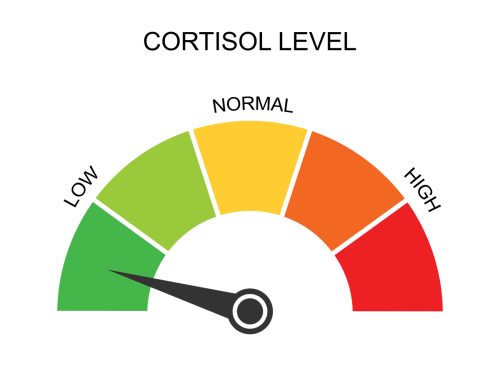
A new study published this week suggest another cause for COVID-related fatigue. People with Long COVID seem to have significantly less cortisol, the hormone that gets you “up and going,” when they wake up.

For people who are suffering from COVID-related fatigue, getting enough sleep is vital, Dr. Fernando Carnavali, site director of the Center for Post-Covid Care at Mount Sinai Doctors, Ansonia, told the Times. Practicing good sleep hygiene can help: Observe a consistent bedtime/wakeup schedule, keep your bedroom dark and cool, don’t drink alcohol close to bedtime, and give yourself time to wind down and relax before you hit the sheets.














